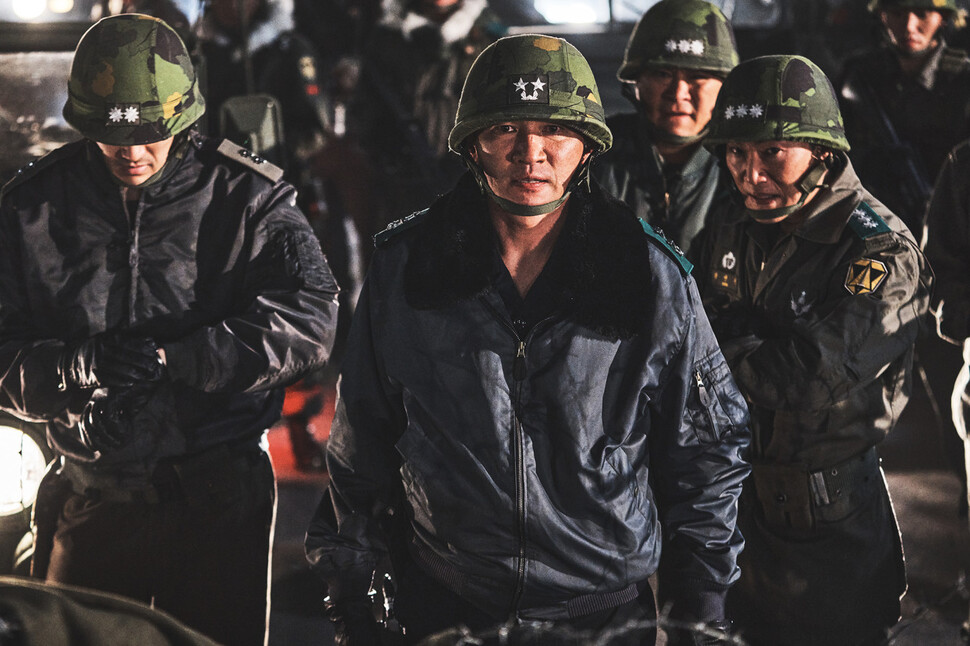Physical Address
304 North Cardinal St.
Dorchester Center, MA 02124
Physical Address
304 North Cardinal St.
Dorchester Center, MA 02124

The movie ‘Seoul’s Spring’, which depicts the 12.12 military rebellion led by the ruling military regime in 1979, has surpassed 6 million viewers, generating renewed interest in the lives of both the rebels and the suppressors. The success of the movie has reignited public curiosity about the events surrounding the rebellion.
The funeral of former President Chun Doo-hwan, who resided in Seoul’s Yeonhui-dong neighborhood until his death two years ago, has faced opposition from residents of the planned burial site in Paju, leading to delays and controversy. This controversy has once again brought attention to Chun’s alleged involvement in the 12.12 military rebellion.
Former Defense Minister Shin Won-sik’s past statement describing the 12.12 military rebellion as an attempt to save the country has resurfaced in light of the movie “Seoul’s Spring” and its success. This statement has raised concerns among some military personnel who fear that it may be associated with a group driven by greed, similar to the security commanders during that time.
The prevalent sense of superiority among high-ranking officers in the military has significantly decreased since the democratization movement in June 1987. Military personnel involved in the 12.12 rebellion and the secret organization known as “Hana-hoe” were primarily those who entered military academies in the 1950s and served in the 1960s and 1970s. However, Hana-hoe disappeared completely after the civilian government took power in 1993.
Trials related to the 12.12 military rebellion, the 5.18 democratization movement, and illegal fundraising resulted in punishments for high-ranking military officials, including field commanders. The military leadership came to realize that even those who followed orders during the rebellion would eventually face consequences for their actions.
Amid the heightened interest in the movie “Seoul’s Spring,” it is crucial not to overlook the deaths of two soldiers during the 12.12 military rebellion. Corporal Jeong Seon-yeop from the Defense Security Command and Private Park Yoon-gwan from the Capital Defense Command lost their lives simply because they were present at the scene of the protests. Their names remain relatively unknown, emphasizing the need for more attention and recognition.
While the thoughts of field commanders may differ, the existence of secret organizations within the military is not visibly apparent at present. However, the military intelligence agency, which played a role in supporting the coup led by Chun Doo-hwan, continues to pose problems. The agency’s activities, including surveillance and manipulation of public opinion regarding political, labor, and religious organizations, were only revealed later, extending to the creation of illegal martial law documents during the Park Geun-hye-Choi Soon-sil scandal in 2016. Continuous monitoring and supervision are necessary to ensure accountability.
For a more detailed account of the undisclosed operation called “Birthday Party” and the tragic lives of the suppressors during the rebellion, refer to the fifth part of the article.
Source: Hankyoreh
If you’re wondering where the article came from!
#